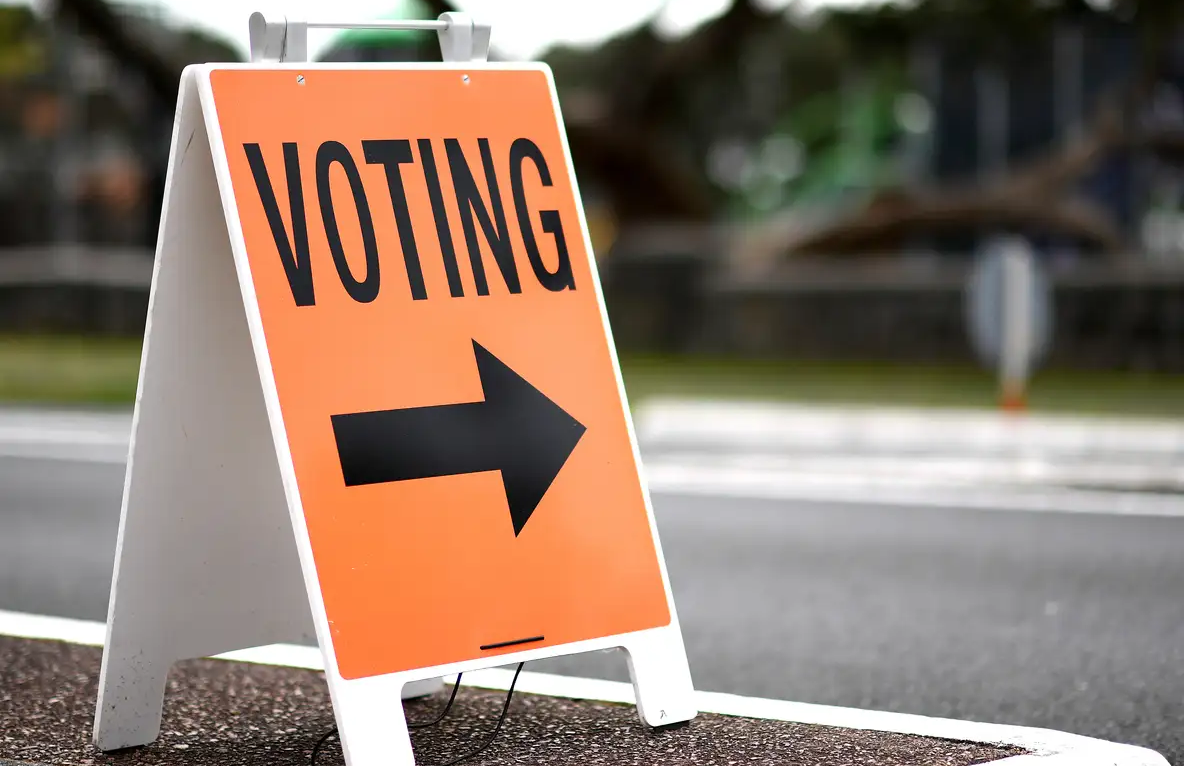|
Getting your Trinity Audio player ready...
|

Nominations for local body elections open on Friday, July 4, and only a few candidates have
publicly announced they’re standing.
In Auckland, there are a total of 171 positions for local board members and ward councillors, with one mayoral position to be filled.
This includes two Manurewa-Papakura ward councillors and one Franklin ward councillor.
There are six members on the Papakura Local Board, and nine on the Franklin Local Board
(made up of four from Pukekohe, three from Wairoa, and two from Waiuku).
Meanwhile, in the Waikato District, voters will elect 46 people to represent them. This is made up of one mayor, 13 councillors across 10 wards, and 32 community board members.
In North Waikato, there are four community board members on the Rural-Port Waikato
Community Board and six on the Tuakau Community Board. North Waikato wards are Tuakau-Pokeno with two councillors, Awaroa-Maramarua with one, and Western Districts with one.
With low public candidate announcements, if you’ve been thinking about standing and are
unsure of what your chances are, they look pretty good.
Fewer candidates standing in an area could mean an easier win for anyone planning to stand.
If only one candidate is confirmed to stand for an area with one ward councillor position
available (instead of two positions), such as in Franklin, an uncontested seat means that if you stand, you’ll be elected.
You can stand in any area, even if you don’t live there. You just need two nominators who are enrolled to vote in that area.
Auckland Council general manager for governance and engagement Lou-Ann Ballantyne said it’s a good time for people considering the election to get themselves ready to stand.
“I encourage anyone planning to stand to think about your candidate statement, your social
media profiles, your community connections, and the issues that matter in your area,” she said.
Electoral officer from Independent Election Services Dale Ofsoske said if there are no candidates standing for your area, an “extraordinary vacancy” would be created.
“In line with the Local Electoral Act (2001), when this is observed on the last day of elections, Saturday, October 11, a by-election will need to take place in March 2026,” he said.
Holding an election that enables democratic participation is an expensive process, so you need to have their say on who should represent you, and make your votes count in October.
Nominations close on Friday, August 1 at noon. Check your local council website for
information on the nomination and election process.


